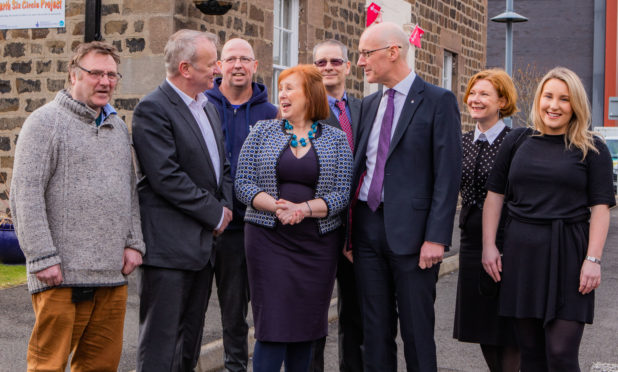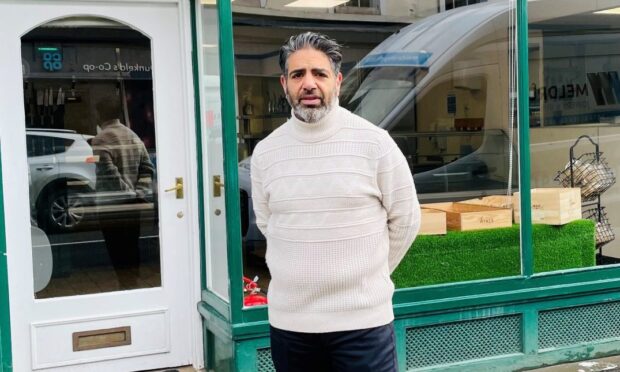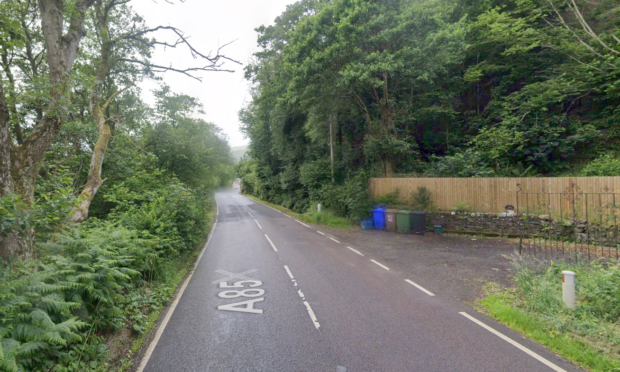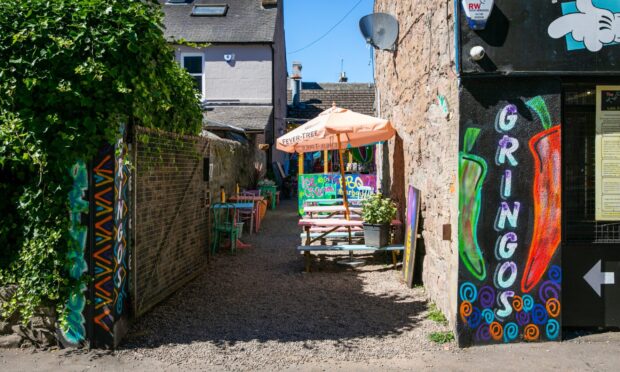A Perth initiative which helps battle social isolation among some of the most disadvantaged members of society has secured a massive National Lottery windfall.
The barrier-busting Perth Six Circle Project works to support adults facing challenging circumstances such as substance misuse, mental health issues or imprisonment.
By promoting self-help and offering participants the chance to learn and develop new skills, the service helps build self-esteem and confidence.
The group, based at Edinburgh Road, is celebrating a £267,121 payout from the National Lottery Community Fund. The cash will be used to help develop and expand its services.
Local SNP MP Pete Wishart and MSP John Swinney visited the group to learn about its work and plans for the future.
Project manager Marlow Clark said: “This three-year funding will allow the project to deliver a wide range of activities which will enhance skills and support community integration.
“The programme of activities will be developed, in line with service user interests and needs, many of which have been raised during their strategic meetings. So far, suggested options have included gardening, sports, a lunch club, and a walking group.”
Mr Swinney said: “I am delighted that Perth Six Circle Project have received such a significant amount of funding from the National Lottery.
“This sizeable grant is testament to their excellent work, and to the transformative effect it has on the lives of service users.”
He said: “I am keen to learn how this funding will be put to use, and I look forward to continuing to engage with Perth Six Circle Project in the months and years ahead.”
Mr Wishart described the project as an “invaluable resource”.
Six Circle was founded 50 years ago by Charles Hills, the Governor of Noranside Borstal Institution, on the west coast of Scotland.
It started with a camp at a remote naval depot, where a group of borstal trainees spent a fortnight with children from an Aberdeen special needs school.
Mr Hills noted that barriers were broken down between the two groups, with the children in need of supervision, care and attention while the trainees had to accept responsibility for others who were more vulnerable than themselves.










